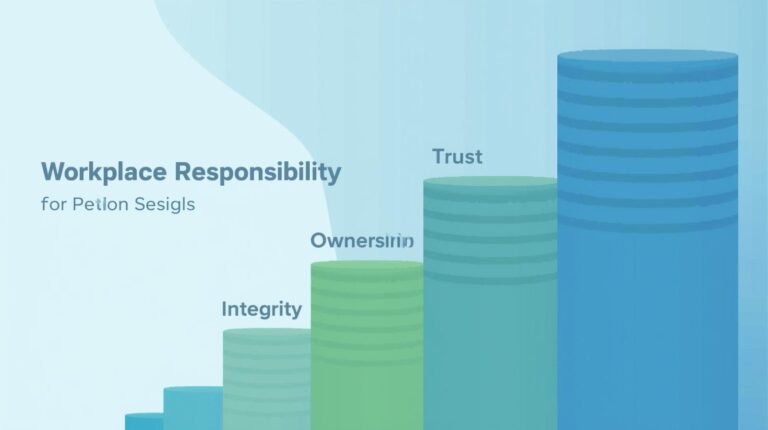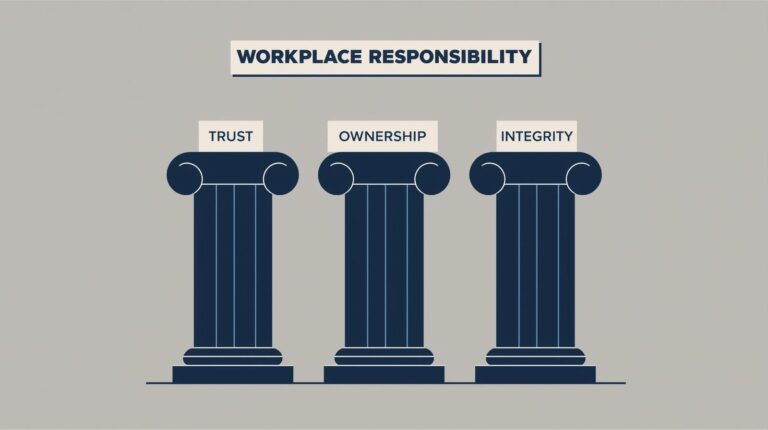The Barriers to Success: Breaking Through What Holds You Back
We all want to succeed. Whether success means career advancement, financial stability, strong relationships, or personal growth, the drive to achieve is deeply human. Yet so many people find themselves stuck—not because they lack talent or opportunity, but because invisible barriers keep holding them back.
The truth is, the biggest roadblocks to success are rarely external. More often, they’re internal: fear, self-doubt, indecision, comfort zones, and comparison. These barriers quietly shape our choices, limit our potential, and prevent us from stepping into the opportunities that could change everything.
The good news? Once you recognise these barriers for what they are, you can dismantle them. This article explores the five most common obstacles to confidence and success, how they show up in everyday life, and practical ways to push past them.
Fear of Failure: The Silent Dream-Killer
Fear of failure is perhaps the most universal barrier. It shows up in thoughts like, What if I embarrass myself? What if I’m not good enough? What if this doesn’t work out? These fears whisper so loudly that many people never even start.
In the workplace, fear of failure can lead to avoiding new projects, declining promotions, or keeping innovative ideas to yourself. Over time, the “safe” path becomes a cycle of missed opportunities.
But here’s the irony: failure is not the opposite of success—it’s a necessary step toward it. Every great leader, entrepreneur, or innovator has failed, often many times. The difference is they didn’t stop at failure; they used it as feedback.
Reframe failure as data, not defeat. Instead of asking, What if I fail? try asking, What can I learn if I do? By normalising failure as part of growth, you take away its power to paralyse you.
Self-Doubt: The Inner Critic
If fear of failure is about external outcomes, self-doubt is the internal voice that questions your worth. It’s the inner critic that whispers, You’re not smart enough, experienced enough, or talented enough.
Self-doubt often comes disguised as humility, but it’s really a form of self-sabotage. It keeps people from speaking up in meetings, applying for roles, or negotiating for better pay. Over time, it creates a pattern where you consistently undervalue yourself.
One way to counter self-doubt is through evidence building. Start keeping a record of your achievements, big and small—projects completed, skills learned, positive feedback received. When doubt creeps in, look back at the evidence that you are capable and resilient.
Another approach is to question the critic. When your mind says, You can’t do this, ask, According to who? What proof do I have that I’m not capable? Often, self-doubt collapses when held up to rational scrutiny.
Indecision: The Cost of Waiting
Another subtle barrier to success is indecision. We hesitate, weigh every possible outcome, and wait for the “perfect” time to act. But while we’re waiting, opportunities pass by.
Indecision is often rooted in perfectionism. We fear making the wrong choice, so we make no choice at all. Yet inaction is itself a decision—the decision to stay stuck.
Successful people aren’t necessarily those who make perfect decisions. They’re the ones who make timely decisions, learn from the outcomes, and adjust. Action creates momentum, while indecision breeds stagnation.
If you struggle with indecision, try the 70% rule. If you have 70% of the information you need and the decision feels aligned with your goals, move forward. You can always adapt later—but you can’t adapt to inaction.
Comfort Zones: The Illusion of Safety
Comfort zones are tricky because they feel so harmless. Staying in the familiar feels safe. You know the routines, the people, the expectations. But comfort zones are deceptive—they give the illusion of safety while quietly limiting growth.
The problem is that all growth happens outside your comfort zone. Whether it’s learning a new skill, taking on a bigger project, or having a difficult conversation, progress requires discomfort.
Think of your comfort zone as a small circle. Inside the circle, life is predictable but limited. Just outside the circle lies discomfort, but also growth, opportunity, and confidence. Each time you step outside, your circle expands. What was once uncomfortable becomes normal, and new possibilities open up.
Breaking out of comfort zones doesn’t mean reckless leaps. It means taking small, deliberate steps into the unfamiliar—enough to challenge yourself without overwhelming yourself. Over time, those steps add up to massive growth.
The Harm of Comparison
Perhaps the most toxic barrier to success is comparison. In the age of social media, it’s easier than ever to measure yourself against others—colleagues, peers, influencers, even strangers. Someone else is always richer, smarter, more successful, or further along.
Comparison steals joy because it shifts your focus outward instead of inward. Instead of measuring progress against your own past self, you measure against someone else’s highlight reel.
The key is to shift from comparison to inspiration. Instead of asking, Why am I not where they are? ask, What can I learn from their journey? Use others’ success as motivation, not as a weapon against yourself.
And remember, success is not linear. Everyone’s path is different, shaped by unique circumstances, timing, and choices. Your only true competition is the version of yourself from yesterday.
A Practical Illustration: Alex vs. Taylor
Imagine two professionals, Alex and Taylor.
Alex is bright and capable but constantly held back by these barriers. Fear of failure keeps Alex from pitching bold ideas. Self-doubt silences Alex in meetings. Indecision stalls career moves. Comfort zones feel too safe to leave, and constant comparison makes Alex feel inadequate.
Taylor faces the same barriers but responds differently. Instead of avoiding failure, Taylor reframes it as learning. When self-doubt creeps in, Taylor pulls out a record of past achievements. Decisions aren’t perfect, but they’re timely, and comfort zones are stretched through deliberate challenges. Comparison is replaced with self-measurement and inspiration.
Over time, Taylor advances, grows, and thrives—not because of superior talent, but because of superior mindset.
Why Overcoming Barriers Matters
These barriers may feel small in the moment, but left unchecked, they compound. A single missed opportunity becomes a pattern. Self-doubt chips away at confidence. Comfort zones shrink your world. Comparison breeds resentment.
In the workplace, these barriers can be the difference between a career that stagnates and one that thrives. They determine whether you’re the person who stays silent in meetings or the one who leads them, whether you play it safe or step into leadership.
Overcoming these barriers doesn’t just open doors to success—it also builds resilience, independence, and satisfaction. You feel more in control of your life, more engaged at work, and more fulfilled in your personal growth.
Practical Strategies for Breaking Barriers
While each barrier is unique, a few universal strategies can help you push past them:
Reframe failure. Treat it as feedback, not finality.
Track your wins. Build evidence against self-doubt.
Decide faster. Use the 70% rule to overcome indecision.
Stretch your comfort zone. Take small, deliberate steps into discomfort.
Limit comparison. Focus on your own progress and use others as inspiration, not measurement.
These shifts won’t happen overnight. But consistent, intentional practice can gradually transform the way you approach challenges.
Final Thoughts
The barriers to success are not permanent walls—they’re mental obstacles that can be dismantled with awareness, courage, and persistence. Fear, self-doubt, indecision, comfort zones, and comparison may always exist, but they don’t have to control you.
Every time you choose to act in spite of fear, to trust your abilities, to make a decision, to step outside your comfort zone, or to celebrate your own progress, you weaken the hold of these barriers.
Success is not about eliminating challenges—it’s about building the mindset and tools to move through them. And when you do, you not only unlock your own potential but also inspire others to break free from what holds them back.
Your barriers are not the end of the road. They’re the beginning of growth.



